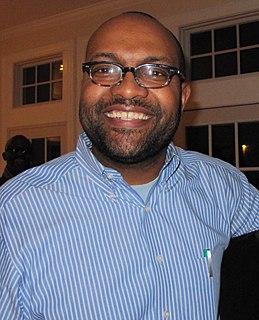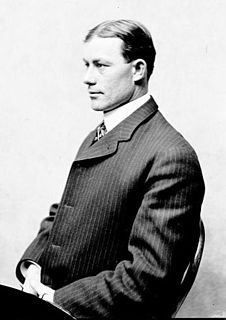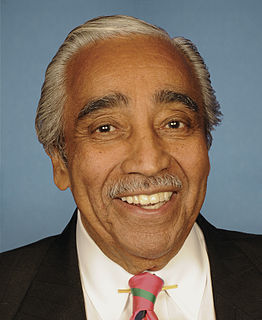A Quote by Jim Harrison
I see more genuine sociability between the races in Mississippi than I see in Michigan. No question.
Quote Topics
Related Quotes
I think national issues play into gubernatorial races less than, obviously, in Senate and Congressional races. Much less. They tend to be more decided by personality, leadership qualities and by state or local issues. They still have some effect, no question about it, but not as much as Senate and Congressional races.
Living in a bubble as I said in a featherbed of privilege. That's why leaving home, leaving the prep school and going to the University of Michigan in the early '60s was a moment of awakening and to go to a place like Michigan and to see suddenly a world in flames and the injustices all around was quite a wake up call. I lasted a year and a half at Michigan before I dropped out and joined the merchant marines and I was a merchant marine for my sophomore year then I came back to Michigan.
What struck me whenever I visited a farm was how much more sophisticated was the life the animals were capable of living than was assumed by those exploiting them. The more we are willing to see about their lives, the more we will see. Humans seem to take perverse pleasure in attributing stupidity to animals when it is almost always entirely a question of human ignorance.
But do let me reiterate the spirit of Michigan. It is based upon a deathless loyalty to Michigan and all her ways; an enthusiasm that makes it second nature for Michigan men to spread the gospel of their university to the world's distant outposts; a conviction that nowhere is there a better university, in any way, than this Michigan of ours.
This violence is so pervasive. We see it in our schools, where we have more security guards now than teachers. We see it in California where more prisons are being built than colleges. It goes on and on. We see it in a trillion-dollar war budget, politics becoming an extension of war rather than vice versa. This violence is like a fog. It covers everything.
The question is not whether we wish to see everybody as well off as possible. Among men of good will such an aim can be taken for granted. The real question concerns the proper means of achieving it. And in trying to answer this we must never lose sight of a few elementary truisms. We cannot distribute more wealth than is created. We cannot in the long run pay labor as a whole more than it produces.






































